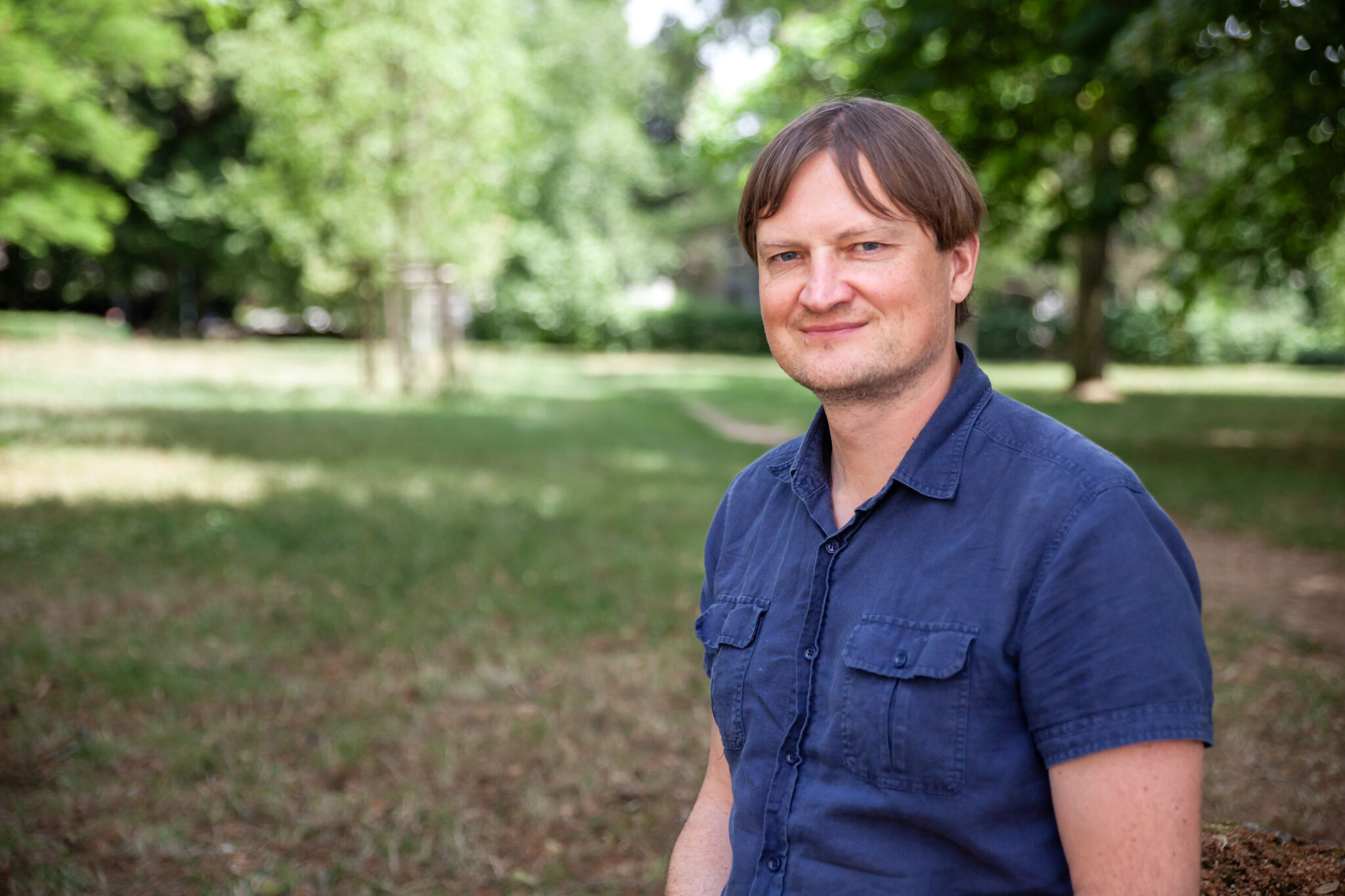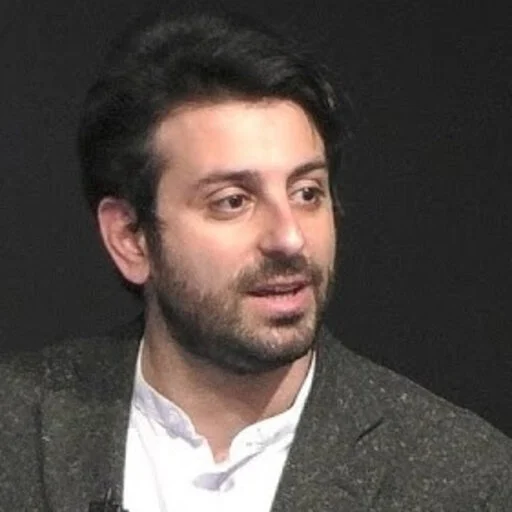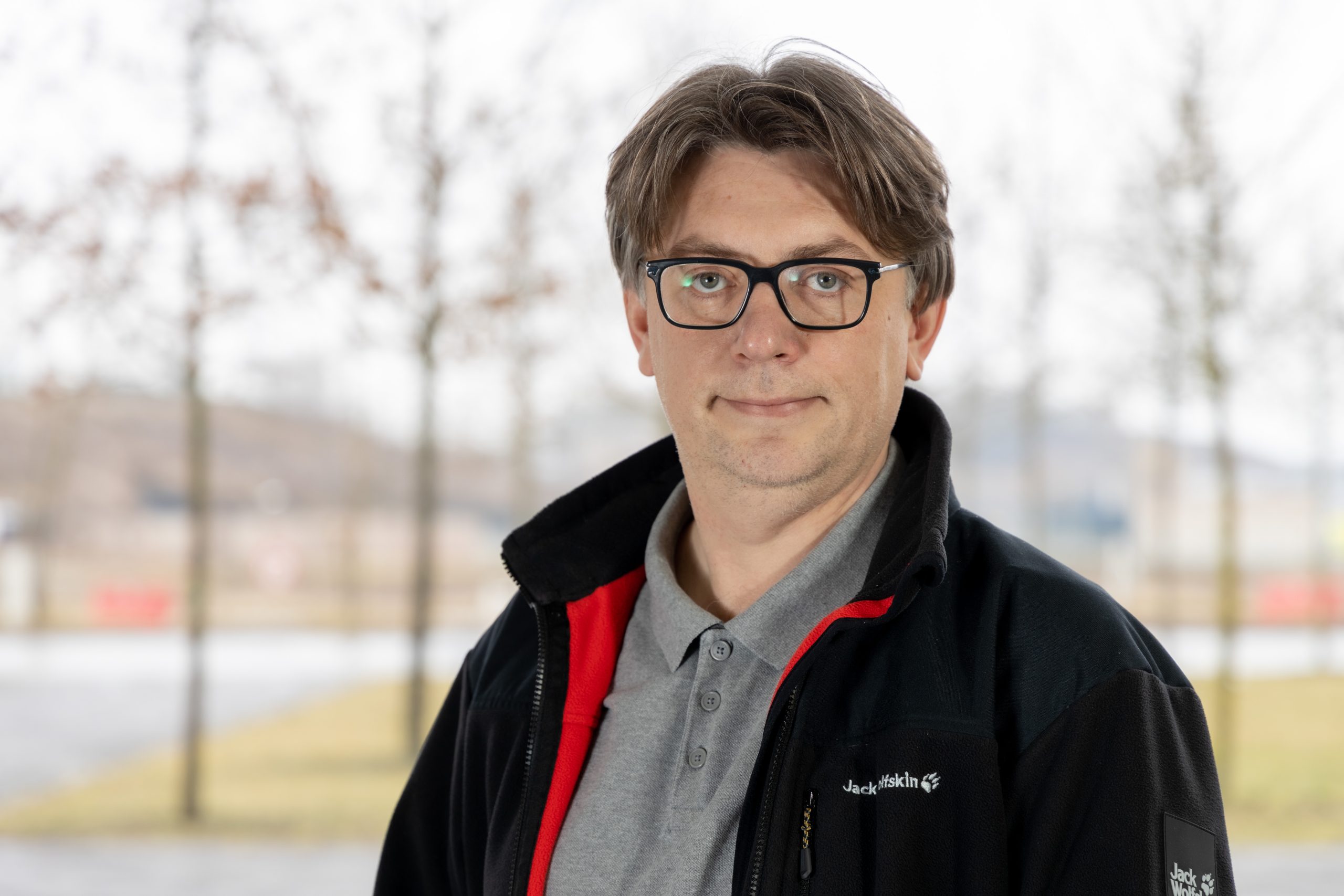Professors Decebal Mocanu and Alexandre Tkatchenko have recently received awards from Google to finance their research on machine learning. Congratulations!
Understanding complex biological systems
Allostery is a fascinating phenomenon in biology where a small change in one part of a molecule, like a mutation or a shift in shape, can affect another part of the same molecule, even if they are far apart. Some of these changes are difficult to explain, involving effects that seem to travel long distances within the molecule.
‟ We are deeply honoured to receive this Google Academic Research Award, which includes $150,000 in funding. Our research will explore how quantum phenomena, such as the one responsible for electronic correlations, may enable communication within biomolecular complexes, a concept we refer to as quantum-mediated allostery.”

Full Professor in Theoretical Condensed Matter Physics
This research explores a new way to understand allostery by proposing that quantum-level electronic interactions, like polarization and van der Waals forces, may play a key role. Unlike traditional models that rely on physical contact or shape-fitting, this approach suggests that long-range quantum effects could link different regions of large molecules. Using advanced simulations that combine quantum physics with machine learning, the team aims to study complex biological systems like DNA-cutting enzymes and brain receptors, potentially revealing new mechanisms of molecular communication and aiding drug design.
‟ By integrating advanced theoretical models of electronic interactions with state-of-the-art molecular dynamics software developed in our group, we aim to uncover how nature harnesses quantum effects to regulate complex biomolecular assemblies, including restriction enzymes and neuroreceptors, and opening new frontiers in molecular biology.”

Research Scientist
Towards Sustainable Artificial Intelligence (AI)
Artificial Intelligence’s rapid progress brings both groundbreaking opportunities and serious sustainability challenges. Modern AI has reached remarkable capabilities, particularly in natural language processing and generative AI, powered by artificial neural networks. Yet state-of-the-art large language models now face serious compute, memory, and energy bottlenecks. Cooling the data centres that run them can even worsen water scarcity in some regions. This rapid scaling drives up both training and inference costs and limits access, especially in resource-constrained settings and at very large scale.
In earlier research, Prof. Decebal Mocanu and his coauthors introduced the concept of training sparse neural networks from scratch as an alternative to dense training, improving both efficiency and generalisation. This approach, now known as sparse training, has two main forms: static sparse training and dynamic sparse training, with the latter often achieving better generalisation than dense training. The theory and algorithms behind sparse training are now well supported in the literature. However, most studies have struggled to demonstrate practical gains in wall-clock time, memory, and energy efficiency, because sparsity is often simulated with binary masks, effectively relying on dense implementations. This reflects the current software and hardware stacks, which remain optimised for dense neural networks and dense training. In the relatively few cases where truly sparse dynamic sparse training implementations exist, most have come from Prof. Mocanu’s team and collaborators. Until now, these efforts have focused on simple models running on CPUs (Central Processing Units). Extending those ideas to current state-of-the-art models and to GPUs (Graphics Processing Units) remains a formidable challenge.
‟ I am so happy, humbled, and honoured that, with Google.org’s support, my team and I can pursue high-risk/high-gain fundamental research ideas on machine learning algorithms efficiency. Google.org has awarded my team an unrestricted gift of $200,000. With this funding, we will hire a PhD student to advance truly sparse implementations for dynamic sparse training, aiming to cut the training costs and energy requirements of state-of-the-art models significantly, while democratising them for a vast community of users, researchers, and practitioners. There are no words to express my gratitude to Google, and I will do my best to fulfill the project objectives.”

Associate Professor in Machine Learning
This new grant will enable the team to explore and design truly sparse implementations of dynamic sparse training for modern neural networks, with the goal of reducing training costs and energy use by at least an order of magnitude, and in doing so, broadening access to advanced AI. If successful, this project could pave the way toward AI systems that are not only more powerful, but also more sustainable and widely accessible.
